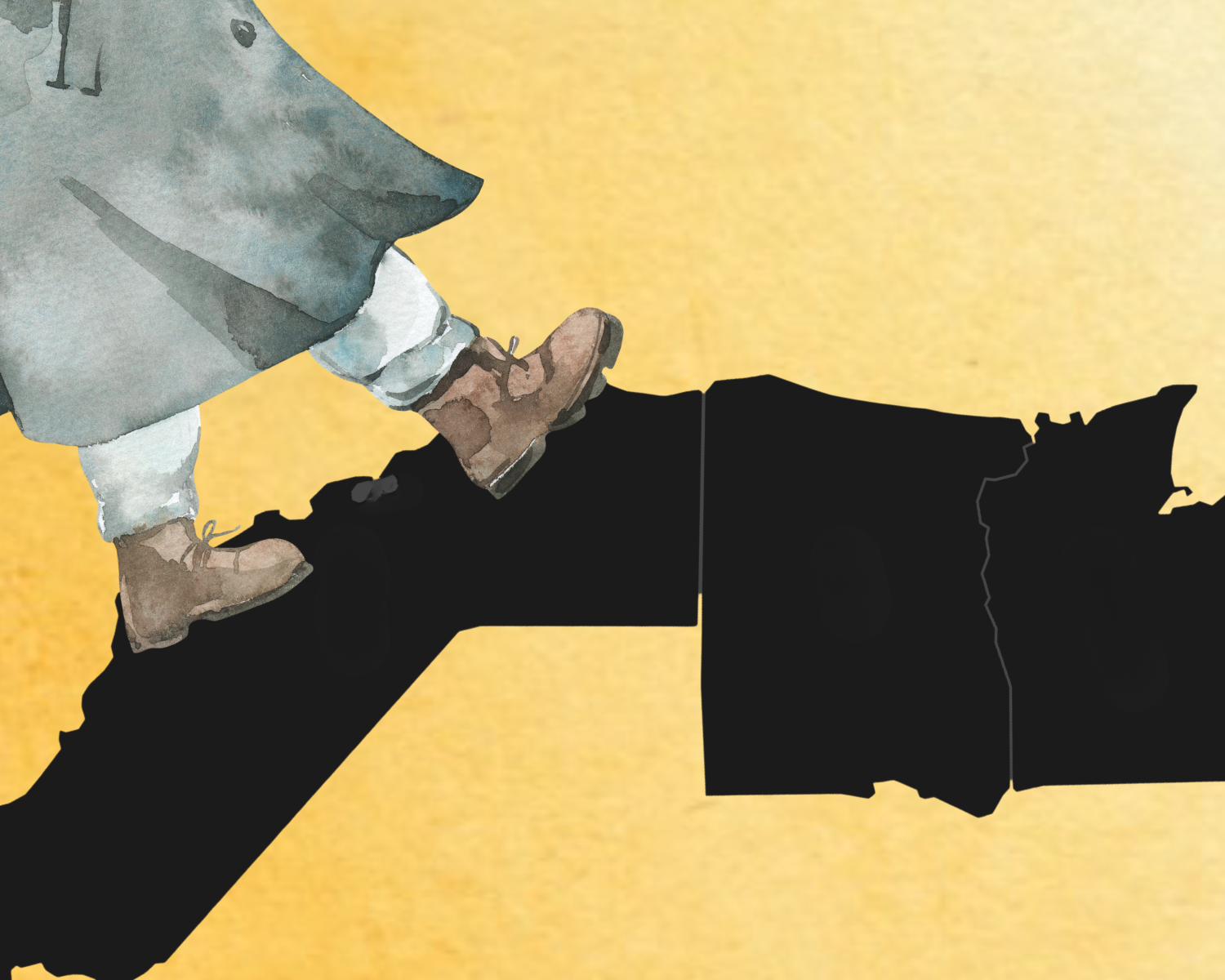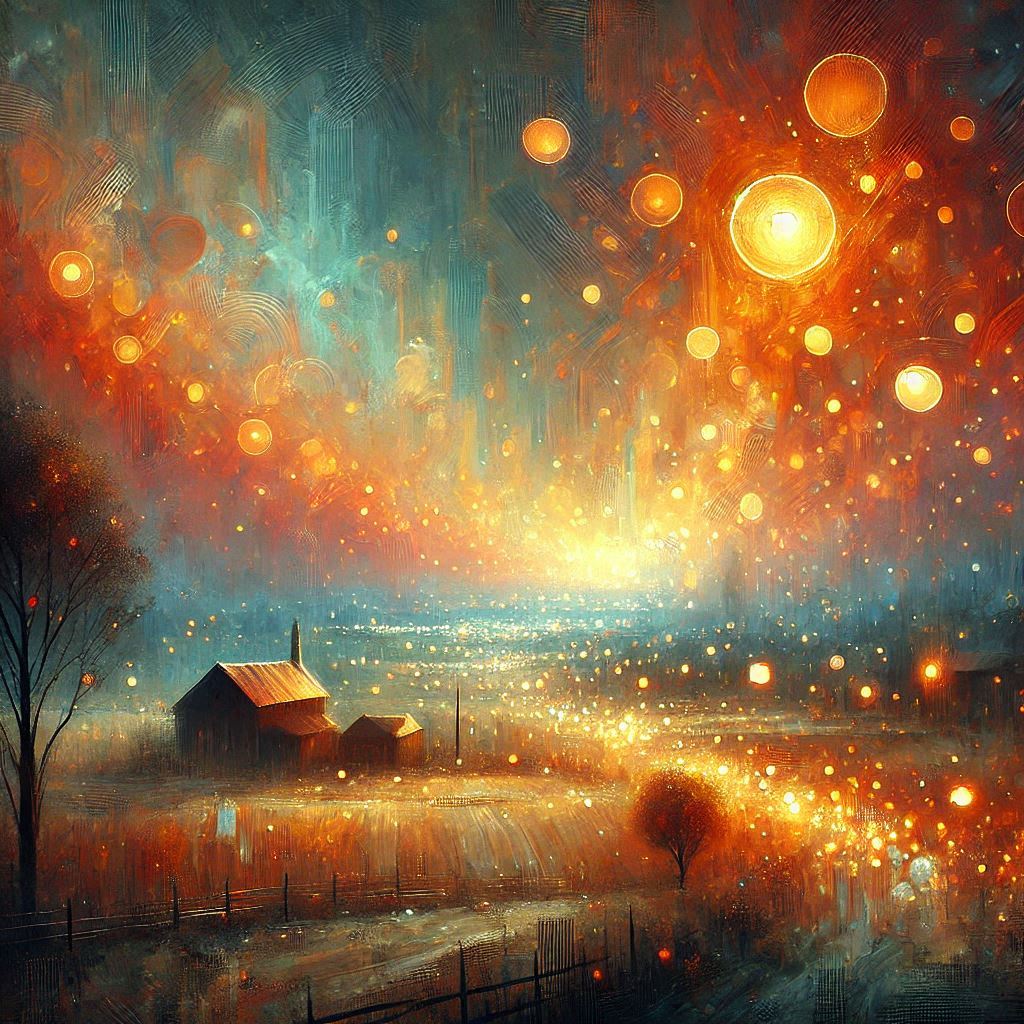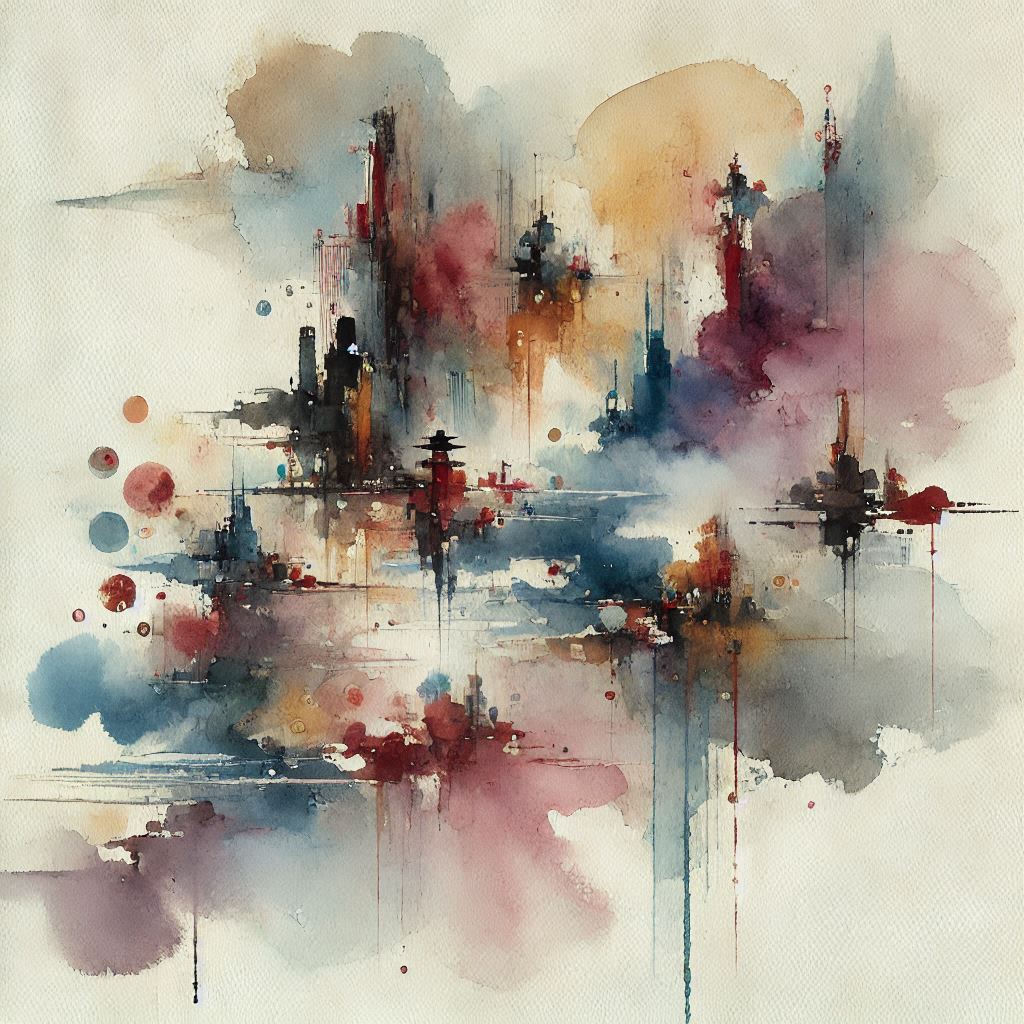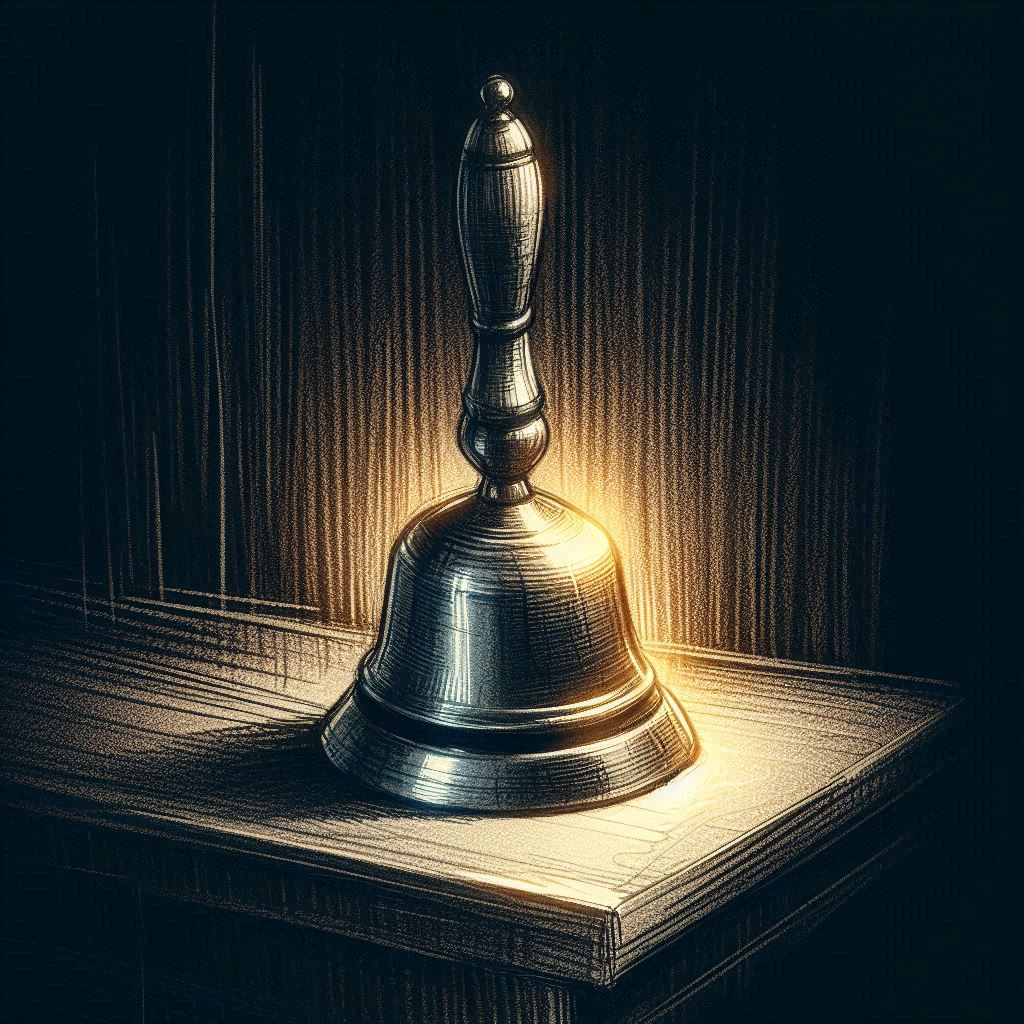
Equinox
Where the Washington coast meets the mouth of the Columbia river is in a corner of the state that has swallowed all the shipwrecks and all my ghosts. Depending on the day, it can be enclosed in a storm that erases the atmosphere, or consumed in a blue sky that matches the ocean and eliminates the horizon you thought you could count on. When we were in high school, we would hide there, at a beach called Waikiki. I didn’t even know it was named for somewhere else. The spot was tucked into the state park, and between two lighthouses. One facing Oregon, and the other warning an ocean where all things disappeared.
Even though it was a public beach in a state park, it was our beach. It was a place everyone could go and still be alone or the one place we could all be together. In the summer, we would go with our families and picnic. In the winter, we would cut classes and jump into the freezing water anyway. Nick had loved it there. If I was headed out there, chances are I would see him on his surfboard bobbing up and down on the waves when I arrived. His bright teal wetsuit gave him away. It was almost always cold if not overcast and gray, but on this day it was beautiful. Here’s what I remember;
I had just been to Hawaii and some mild Facebook scrolling let me know that Nick had been surfing there recently as well. He was doing his favorite thing, surfing with friends. It made sense that we would end up meeting there. Also, there was the namesake of our place to consider. There were flowers everywhere, orchids in all colors. There was a luau in his honor, so of course all our friends from the class of 2005 were there. Faces I hadn’t seen since graduation, people I had been avoiding, a past I had been running from, were smiling and laughing. Yet at that moment I only felt safe and protected, like nothing could touch us.
That teenage feeling of invincibility surrounded us like it did when we deposited our entire paychecks into our gas tanks and knew we had tackled the extent of our responsibilities. I remember feeling loved again. As the food was served, we gathered around Nick and he told us jokes, and we laughed hard. I remember feeling joy. I remember his crown of orchids and grass facing me as he turned to meet me, still laughing, and said, “Remember that time I used to be dead?” But I couldn’t tell him. We were all just so grateful to be together again.
After the memorial, I returned to California and had many dreams about Nick. I had dreamed about the dead before, but never as often as I did then. He would show up in houses that were haunted, and in conversations with people he didn’t know. We were always racing the clock before the dream ended, and I would try to tell him how many of us grieved for him and how much he was loved before it was too late. Most of all, I wanted to know if he was okay. I wanted to know if he was scared. He was scared some of the time. But mostly, he wanted me to know he was okay.
In the same winter that I lost Nick and my part-time job to a merger, my grandma Carolyn had a stroke, devastatingly damaging her ability to speak. As a television writer at the height of the industry, she had gifted me the ability to tell stories and expanded my vocabulary. She had been the first female executive in television on the west coast and although she was long retired, her closet still had a wardrobe of high heels in every color to match her outfits. They were long untouched and beginning to mildew, but to me, they still held a Mad Men-era style and power to them.
She had lived in the Galapagos with my young mother in an early 60s type of experimental community. She had been the first female in her family to go to college, when her mother had told her, “There are plenty of good jobs opening up oysters right here.” She had taught me to be fearless, but most of all she had taught me that there could be success for women who came from this logging and fishing town. Now, her ability to extract her stories was in turmoil, her knowledge locked away. The fear of losing her had shaken me and began to threaten what I had staked my claim on.
That’s when the driving started, and I began traveling back home as often as I could.
I have driven home to Washington many times since moving to California nine years ago. But that winter I drove the Oregon coast obsessively. Each place had a pull on me, and only by traveling the gap could I level out the fulcrum. I wasn’t sure what I was doing in California anymore, but there was nothing to return to in Washington. I couldn’t see a future anywhere. I was searching for answers about who I was and I missed my family. I needed so many answers.
Having survived a Chapter 11 bankruptcy, my full-time employer had just cut my salary in half. I didn’t know this, but the company was about to announce its second restructuring. Law school was still my long term goal, but now the situation looked hopeless as I struggled to pay off the debt that was keeping me from applying. I felt like the endeavor wasn’t worth pursuing if I couldn’t dedicate the focus it demanded. I knew I would need to protect my time to succeed in law school, which meant I couldn’t keep working 80 hours a week. I kept looking for the employment that would somehow help me pay off the debt faster and protect my time, but to no avail. And so, I drove to Washington.
I would leave it behind, and go back again. I’d leave, and I’d turn around, each time telling myself I was home. Each time knowing that a different part of me is going to the place it needed to be. One end of the drive was full of the places and people that built me. The other is full of the beginnings, challenges, and ignitions that kept me going. I needed each to sustain the other. I went home, I went home, I went home.
I went every three day weekend. I’d go in the middle of the week if I could. I’d get up at two or three in the morning and drive 10 hours up, stay Saturday night, and drive 10 hours back on Sunday. I was pushing myself to the end of my physical limits, trying to stay awake sometimes, and struggling to keep my eyes open in the middle of the day. The driving had an adrenaline fueled morbidity to it. I was simultaneously trying to outrun Nick’s death, the near fatality of my grandmother, and flirting with my own. I didn’t know if I wanted to kill myself, but if I ran out of reasons to live, at least I would have seen my parents one last time.
On each drive, my relationship with death became more acute. It was a 460 mile drive and it was still winter. Sometimes there were thunderstorms. Sometimes there was ice. Once there was a landslide. There was always the possibility of animals on the road or poor drivers. But my company was always my own thoughts, my vision of a future I was trying to cast, and the churn of the Pacific Ocean beside me. Provoked by a storm it seemed magnificent. Crashing and brewing in gray and powerful heed.
I started making a tradition of stopping at Neahkahnie Mountain. Depending if I was headed north or south on my journey I was either just beginning the drive or almost at the end of it. At the northern end of Oregon, the view from the top is almost impossible to imagine. At over 1,000 feet in elevation, all you can see is ocean and ocean and more ocean. It feels like Japan is just over the horizon.
In the summer, it is teeming with tourists, but in the middle of a storm, you can stop there and stare into the ocean for hours. I would get out of the car, rain slapping my face, my hair slicking to me instantly. I would stand on the rock wall until my toes were in line with its edge, and hear silence. The howl of the wind or crashing of waves never actually stopped, but finally, my mind was quiet. I would stand there until it felt like I could finally decide that the ocean was bigger than my problems.
In Washington, I would donate my acts of service to my grandma Carolyn and clean out her fridge or make sure her flowers were planted. Her stroke had stolen the possibility of long conversations between us. So I would feed her cat or just sit with her for as long as I could, staring in silence at the news. I would do anything I could to make up for the time I had lost with her so far. The guilt of living so far away piled on me. She couldn’t read any longer, because of the stroke, but she had paperbacks piled everywhere you could place a book. I think she just wanted to be able to remember them, so she asked me if I could arrange her books on shelves for her.
I happily embarked on an afternoon of furniture shopping at the nearest Fred Meyer, looking to assuage my sin with particle board fixtures. The afternoon consisted of ripping open the cardboard boxes and assembling bookshelves around the outer edge of what had once been my room, the room I came home from the hospital to, before my parents had sold the mobile home to my Grandmother. The decades of dust and dirt clung to my skin as I wiped away the hollow corpses of a Daddy Long-legs and pill bugs. I threw away empty bags of cat litter and placed each paperback methodically,
I didn’t stop there, hoping there was more I could do. I started moving into the deeper corners of the room, opening boxes. I started opening photo albums. I read papers I found stuck together under other papers. I picked up a photo. It was her in a sundress, with her dog Butch Cassidy on their land in Platina, California, a place my grandma Carolyn, my mother, and my grandfather would visit every weekend. I picked up another. It was my grandmother smiling from ear to ear, wielding a pistol and approaching through western style saloon doors. I picked up a paper. It was a program from an awards dinner she had attended when she worked at KTVU in San Francisco.
The keepsakes started to draw a picture of a life I couldn’t touch but had started to imagine. Something about the photos soothed the burning that I have. Something about this life, that couldn’t have been easy yet is shown to me in pages of joy, which makes it a little easier to breathe. At some point did Carolyn feel this way? Trapped between her Washington home and the state of California where she had made a life? When she got a divorce did she feel the foundation slip out from under her, unsure if all the effort was for anything? Would she tell me now it was worth it?
That night back at my parent’s home, I started to dig through my mother’s photo albums. I had a thirst for it now, hoping the photos could answer what I couldn’t answer myself. I went through all of them, from the one she had assembled as a teenager living with friends in South Carolina to the ones full of black and white relatives from generations before. I broke into our storage unit and recovered every photo my grandmother Lucille had left us, pouring over her missionary work in Africa, her trips to the Philippines, and her bridge club in Naselle.
What I learned was that the women in my family were brave. Braver than I had ever been at times when they should have been afraid.
They all had a taste of adventure, traveling to far-off lands and countries. My grandmother Carolyn went to South America with a toddler in tow when she came from a small Washington town, where everyone only spoke Finn until she started grade school. Or my grandmother Lucille who signed up for missions around the world after meeting my grandfather, having grown up in the outskirts of Cleveland with her father the German clockmaker, and her three sisters. Or my Great-Aunt Leora, the first to leave the reservation for the Indian boarding school. These women had placed their faith in men, churches, and institutions, and it had not always worked out. Yet in all the photos, they looked happy.
The next evening, we took a drive. My parents had always liked to take drives. They loved waking me up at four or five on a Saturday morning and throwing me into the back of the car the way my mother’s parents had done to her on those drives to Platina. So as an adult, the drives felt like muscle memory. Hereditary. We drove through the backcountry of southern Washington, looking for elk in the wildlife preserve and watching the sunset on Willapa Bay. We drove until we reached our homestead, Naselle, a town just forty minutes down the road. Then, on our way into town, my mother would point out the church her grandfather had built, where she had been baptized, and her mother before that, and her mother before that.
I asked her why she never baptized me in that church.
“I wanted you to make your own decisions about religion,” she said, and I thought hard about how I never did.
***
Despite my desire to continually run away, I knew my time in California wasn’t over. I continued to return home. Home to the job I hated, to the small bedroom I rented, to the car payments that smothered me. I wanted to go back to California because it was home, it was safe. It was still the community I had been working in for the last ten years, the place I had been painting and thriving in the art and music scene. It was still the land where I had received my education and learned about the Natives of Northern California, their land, and their traditions; a visitor there. I didn’t want to go back to Washington because it was home, it was safe. It was the water and the watercolors I had grown up with, the education I had received about how not to survive. It was the violence and the blood of the tribes of Washington soaked into the land, the traditions of racism and discrimination I had witnessed, although I had been just a visitor to their lands at the time.
So I went back to California and punched the clock, knowing that my time as a sales manager still served as a reminder of what I had worked so hard for. It was still my own, a life I had forged for myself. It was still the picture of what I looked like standing on my own two feet, in a place of adventure and opportunity. It was still the place where I could make my dreams come true. I hoped it would be the catalyst I needed to blend my ties to the tribes and the land into a language of the law that might make a difference.
By the time the rain stopped in March 2016, I was about to turn 29. My birthday coincides with the spring equinox or Easter or the Pagan celebration of Ostara, or whatever else you’re into. Its theme is renewal and birth, yet every year it surprises me. No matter where I am, or what my life consists of, winter is long and its work demands from me. Months of darkness distract me before the first day of spring light unexpectedly arrives and I’ve noticed the daffodils have broken through the frozen ground.
That year, I went to a job interview. The position was for an Administrative Assistant at Legal Aid and a few weeks later, I was hired. I fell in love with the job immediately. It allowed me endless interaction with the area’s senior and low income clients that needed assistance with housing, benefits, divorce, and immigration services. It was the first time I started to feel like my work mattered. I started volunteering as a docent at one of the local art galleries and a historic theater. The Administrative Assistant position was Union, so I could guarantee my nights and weekends free for school, but legal aid didn’t pay a lot. Law school would require an initial down payment for tuition, but now I was close enough to start by that Fall.
The next three day weekend I was back at my parent’s house. We were having dinner, the two of them, my grandma Carolyn, and I. The light was incandescent against a black storm beyond our sliding glass door, and we were cooking salmon. Salmon is always in abundance at my parent’s house, whether we caught it, bought it, or someone paid my father for a boat with it.
I had been wearing my ring since my birthday. It was something my mom gave me, a well-worn, thin gold piece. It was smooth to the touch and maintained just the slightest detail engraved into the edges. One diamond, no bigger than a pinpoint, sat in the middle of the gold face. I knew it was a wedding ring that belonged to a relative on my mom’s side, and I liked to wear it to remind myself how little it had taken for two people to choose to spend their lifetimes together. That maybe, really, it was the simplest things in life that were the most valuable.
“You know in Finland, our family was so poor they couldn’t afford plates?” At this, I balked. I looked at my mom and my grandma. My father had a habit of just announcing off-the-wall things like this without confirmation, but this wasn’t their family, so they had none to give me. I had to go this one alone.
“What did they eat on?” I asked. He smiled like the answer was so obvious.
“They carved holes in the table,” he said.
“Huh. That’s clever.” I placed both my hands on the heft of our kitchen table, a heavy wooden piece, trying to imagine the logistics of the situation.
“Oh yeah,” he continued. “That’s how they made money. They were loggers. And everything was made of wood back then. There was no plastic or ceramic.” He paused for effect. “If it was made of wood and it wasn’t nailed down, you sold it.”
“That’s crazy.”
“You know, that ring is from Finland,” my grandma said. Her speech was slow and concentrated as she fought to speak at a normal rate. Grandma Carolyn was Finnish too. Finnish blood ran on both sides of my family.
“Really??!” I said. I hadn’t really thought about it before. My mom walked around the kitchen island and started pulling tartar sauce and blue cheese dressing out of the fridge. “It’s your great-great grandmother’s,” she said.
“Sandra,” said Grandma.
“Sandra?” The name was fresh, unfamiliar to me.
“Sandra Hundis. Of course, they changed her name to Hunters when she came over here.” I leaned closer to Grandma, as she strained to tell me.
“She was married to Charles,” Mom picked up the story. “They had six children, one of them was a baby when he died.”
“Were they married in Finland?” I asked. I tried to do the math in my head. She must have been so young when they came to America. She must have been a teenager. Mom shrugged. “Must have been,” she said.
“They homesteaded this part of the state,” Grandma said. “Her and Charles.” For a moment I let my mind wander, trying to conceive how hard that life would be. To marry as a teenager, then leave behind everything you’ve ever known, everyone you’ve ever loved to live the rest of your life in a foreign country with a foreign language, then have six children to try to turn the dirt into a place for your family to call home.
“So wait,” I ask. “So how did I end up with her wedding ring?”
“It was given to you when you were born,” said my mother. She placed a salad on the table. “Sandra gave the ring to her daughter Martha, my grandmother.” Mom grabbed her glass of wine from the island and moved to sit down at the table. I knew mom was living here in Washington when I was born, down the road from her grandmother’s house. She had moved here to be close to Martha when she was diagnosed with cancer. My great-grandmother had only outlived me by a few months, just long enough to say hello. “And Martha gave it to you. I kept it for you until you were a teenager.”
I looked down at the ring and thought about all the generations of women, who had worked so hard to make it this far. All the trials I would never know, so this ring, this evidence of a life I never knew could make it to me. I thought about the one hundred years it had endured to make it to my finger, to remind me of the trials I would never have to know. I thought about the strength it must have taken to keep going when it felt so easy to quit. Mom placed a plate in front of me.
“Fish is ready,” she said. “Let’s eat.
***
That May, I had one of my first Art shows in years. It wasn’t widely attended, but I sold more prints and pieces than I ever had. But by July, I was invited to participate in an anniversary art show for my friend’s coffee shop. Hundreds of people came to that show to support us that night. My community was there. My co-workers from Legal Aid stopped by. There is one photo of me from that night, happier than I have ever been. My skin is tan from weekends with friends at the river and long runs. My bright turquoise dress draws the eye, as I stand next to my fellow contributors. My happiness is uncontainable, my smile radiant, as my fingertips delicately grip a glass of California cabernet.
When the weather turned to Fall, it was sunny but not hot, warm but windy, and I was finally a first year law student. Throughout law school I would continue the trips home to see my family, going back to the family when I needed to be grounded, and going back to California when I had gathered momentum. I stayed at Legal Aid until I was an Associate Attorney for one of the Northern California Tribes. I continued to drive through Oregon, but this time, knowing which direction I was going.
Suggested Reading
-
about Lollipop, Lollipop![Lollipop]()
Featured • Fiction • Nonfiction
Lollipop, Lollipop
The figure moved slowly, deliberately, its shrouded head turning towards Josh. Those eyes—sharp and frigid as icepicks—stared at him. The man’s black lips never moved, even as a word pierced him like a yell: “Beware.”
Featured • Fiction • Nonfiction
-
Nonfiction
-
Flash • Nonfiction



